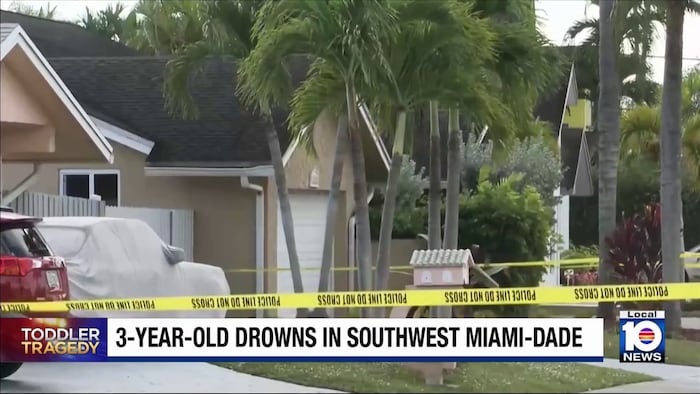Walmart opioid settlement to bring county, nonprofits millions
Advertisement

Miami-Dade government and some non-profit organizations will collect millions of dollars from Walmart as the giant enterprises settles National Prescription Opiate Litigation in which the county participates.
County commissioners voted unanimously last week with no discussion to settle the litigation, which is national in scope. While the settlement figures are not final, a memo from County Attorney Geri Bonzon-Keenan says the county will receive about $1.2 million and will get and then distribute about $3.9 million more in regional fund monies.
The commission in December 2021 allocated the funding it receives to the Public Health Trust, Miami-Dade Fire Rescue, the Community Action and Human Services Department, the Miami-Dade Police Department and a specified group of not-for-profit organizations.
The county, as part of the national litigation, filed claims against numerous opioid manufacturers, distributors and retail pharmacy distributors seeking damaged associated with opioid use in Miami-Dade, Ms. Bionzon-Keenan wrote. Negotiations regarding potential settlements of the claims against some organizations are ongoing, she said.
On Oct. 18, the State of Florida and Walmart made an agreement to resolve claims. The county’s vote last week concurs in that settlement.
Earlier, the county had authorized Mayor Daniella Levine Cava to settle claims and release Endo, Allergan, CVS, Teva, Walgreens Boots Alliance and Walgreen Co. from the suit.
Florida itself did not sue Walmart but the county and other local governments did. Walmart dealt with the state to get a universal settlement statewide. Walmart is to pay $215 million into a settlement fund for opioid remediation and litigation costs over an 18-year period. Of that, almost $188 million is to go to opioid remediation.
As part of the agreement, if Walmart makes a national agreement to settle other claims and pays them more than Florida, Walmark is to raise Florida’s payment. If Walmart agrees to pay any state or local government with a smaller population more than $188 million, it also must raise Florida’s share to match.


